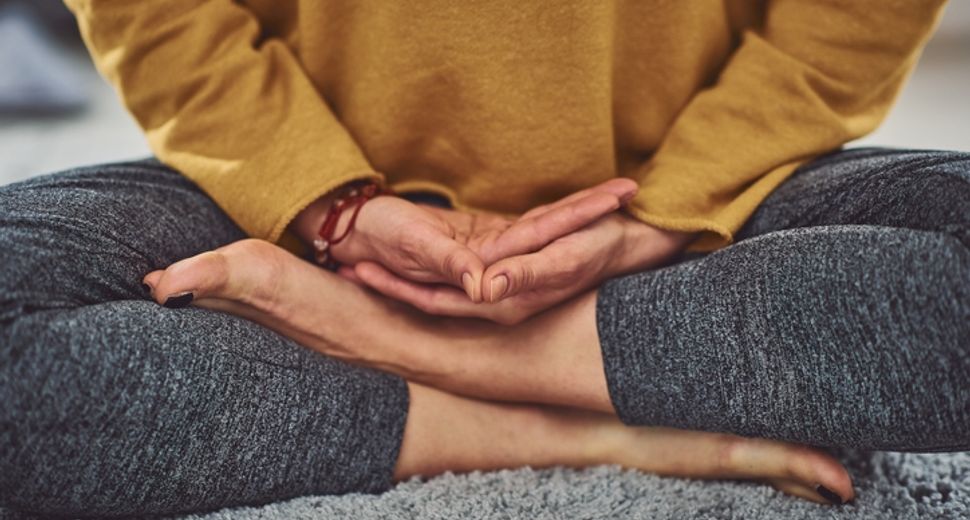Urinary incontinence, also known as involuntary urination, is considered any leakage of urine or difficulty with bladder control. This is a very common and embarrassing problem and can range from occasionally leaking urine when you laugh, sneeze or cough to having such a sudden, strong urge to urinate that you can’t get to the bathroom on time. Urinary incontinence is under-reported and affects more people than you might expect. Many people choose to just deal with urinary incontinence, and don’t know treatment is available, or have no desire to seek treatment. Incontinence falls into two categories:
Urge Incontinence
Urge incontinence occurs when you have a strong or sudden need to urinate. The bladder spasms and you lose urine. Most people feel the urge to urinate when they have roughly 1 cup of urine in their bladder. Two muscles help to prevent the flow of urine. With urge incontinence, you leak urine because your muscles contract at the wrong time. In many cases of urge incontinence, there is no specific cause. Stress Incontinence Stress incontinence is the involuntary release of urine during any activity that puts pressure on your bladder and can occur in both men and women. Some activities that place stress on your bladder include:
- Sneezing
- Coughing
- Laughing
- Lifting weights
- Bending over
- Exercise
Stress Incontinence
Stress incontinence occurs when your pelvic floor muscles become weakened. These muscles work as a sling to support your bladder and control the flow/release of urine. Your pelvic floor muscles weaken as you age, but pelvic surgery and injury to the pelvic area also contribute to incontinence For women, childbirth is a main contributing factor. Prostate cancer and its treatment can cause stress incontinence in men.
Incontinence Treatments
Treatment for urge incontinence will depend on your symptoms and how they affect your daily life. There are five main treatment options:
Pelvic Floor Muscle Strengthening (Kegels) & Biofeedback
You may be instructed in a general exercise program or you may be referred to a women’s health physical therapist to learn specific exercises that are appropriate for you. These exercises tone and strengthen your pelvic muscles as well as muscles that surround the opening of the urethra, vagina and rectum. Specific exercises can be very effective in controlling leakage. Biofeedback is sometimes used to help retrain your pelvic floor muscles. If you have a significant amount of weakness, you may be a candidate for pelvic floor muscle stimulation.
Behavioral & Lifestyle Changes
- Quitting smoking. Smoking can lead to a chronic cough that strains the pelvic floor muscles.
- Smoking may also damage the bladder and urethra.
- Losing weight. Excess weight puts extra pressure on the pelvic floor muscles and the bladder and pelvic contents.
- Making certain dietary changes. Some foods and fluids may irritate your bladder. You will learn what your bladder irritants are and how to avoid them.
- Learning how to lift properly. Heavy lifting can increase pressure in the abdominal cavity and on the bladder. Lifting properly can protect your internal organs and decrease urine leakage.
Bladder Retraining
You will be taught about normal and abnormal voiding patterns and may be told to void at set times. You will also be taught urge control techniques, why leakage occurs and how to avoid it.
Medication
Medication can be used to treat urge incontinence. There are no medications that can treat stress incontinence.
Surgery
In some cases of incontinence, surgery may be appropriate. You and your doctor will need to decide if surgery is the right option for you and what type will best suit your needs.










